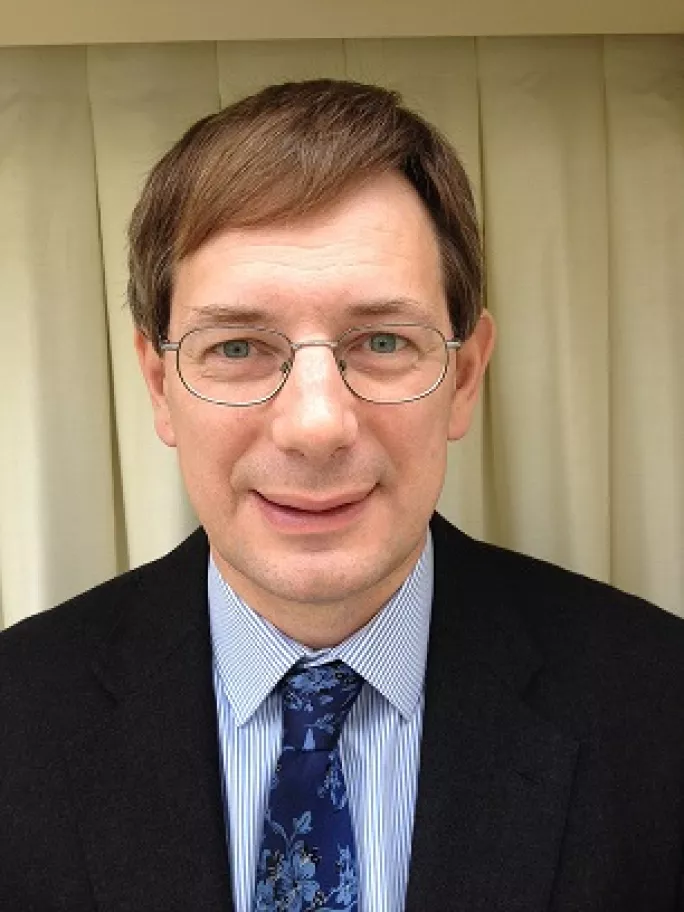‘AC Grayling is wrong: the humanity of Christ speaks to the nature of true humanism’
Dr John Ling, teacher and education secretary to Christians in Science, writes:
The readers of the TES no doubt aspire to “truth, intellectual rigour and humane ethics” but will the ideas of AC Grayling provide us with this? In his article for the TES (“Worship in schools is insidious”, 19 September), he is quick to inform us about the appropriate place for religious thought, which - in his eyes - is a fairly minor one alongside astrology.
So what does Professor Grayling place his confidence in? Philosophy and science? Admittedly that’s a slight simplification; he also makes an appeal to the historical record alongside those two subjects. But part of the study of history is to look at how the historical interpretation might be influenced by social, religious and cultural structures and personal commitment. If such assessment is acceptable in historical study, then surely such study in theology must also be acceptable.
Moreover, theology is not a closed subject living in the past. As the French theologian Yves Congar put it: “Instead of starting only from what is given in Revelation and Tradition, as classical theology has generally done, we must start from facts and questions received from the world and from history…We must start from the problems, if not the ideas, of today and take them as a new ‘given’.”
Theology, then, can be encompassing and is certainly about learning in our time. Professor Grayling presents a different picture using ill-fitting categorisation. He paints pictures that have some truth, but his case rests on the inaccuracy of his analysis.
The Christian church has a history but it is not bound by that history - it understands its call to listen to the issues of the present. In advocating “secular traditions of thought” such as humanist ethics, Professor Grayling also blames Christian dominance for the Dark Ages. However, to be fair to the legacy of the people of the Dark Ages, the term has been under review for some time. There is also a strong and vibrant record of Christian humanism advocating compassion, ethics, humane action and human dignity. To the Christian, the humanity of Christ speaks to the nature of true humanism.
Professor Grayling feels that we should examine further the hostility between religions as one of the greatest sources of division, bloodshed and oppression in the world. I would agree with him; the study of conflict and conflict resolution is important. Should this not usefully bring us to a position of humility and dialogue, seeking to develop sound relationships based on deep understanding and respect? Does this not require us to study what we believe and why we believe it? We may or may not change our minds but this is the stuff of education, is it not? Humankind’s struggle has sometimes been a terrible tragedy. The Christian gospel directly addresses this: the work of reconciliation, renewal and transformation in society attests to the core message of love and hope and speaks to faith associated with action.
Professor Grayling’s approach has further problems. Sometimes we speak of religions as a single group but the people represented believe many different things, in many different contexts and over a range of many years. Associating religions with blind faith and an unreasoned connection to reality is obviously not fair to many religious people: thinkers, leaders, politicians, scientists and, yes, philosophers, people who have lived throughout the development of recorded human thought, as well as those alive today.
And here are more discrepancies: are we to understand that philosophy and science are objective, free from personal commitment? That religion is about blind superstition, and science and philosophy is somehow about a form of pure truth? In his book Proper Confidence, Lesslie Newbigin highlights what he sees as historically rooted but contemporarily relevant dualisms that influence our perceptions of truth and truthfulness. One such dualism is between “objective” and “subjective” knowledge. Newbigin argues: “The truth claims of scientists…are claims to be on the way to the fullness of truth…Knowing always involves the personal commitments of the knowers, for which they are prepared to risk their careers as scientists.”
This conclusion may not be a surprise to readers but I wonder how many of us are influenced, in a search for certainty, by unconscious acceptance of a dualism? Without any awareness of the matter, how many are taken in by the indirect governing influence of some persistent, but unrecognised, philosophy accepted without any religious corollary or contemporary critique?
Many school and university students have a religious faith. Professor Grayling, please take note: if we start to tell these students that their religion is superstition, their faith a matter of blind assertion, and that science and philosophy are the sum end of wisdom, then those students would have misplaced their trust in us as educators. Great thinkers have and continue to address complex themes in the study of religion and thought. In educating well, we must allow different perspectives and ideas to be discussed and explored with rigour. Perhaps we can both agree on the importance of that.
Keep reading for just £1 per month
You've reached your limit of free articles this month. Subscribe for £1 per month for three months and get:
- Unlimited access to all Tes magazine content
- Exclusive subscriber-only stories
- Award-winning email newsletters




